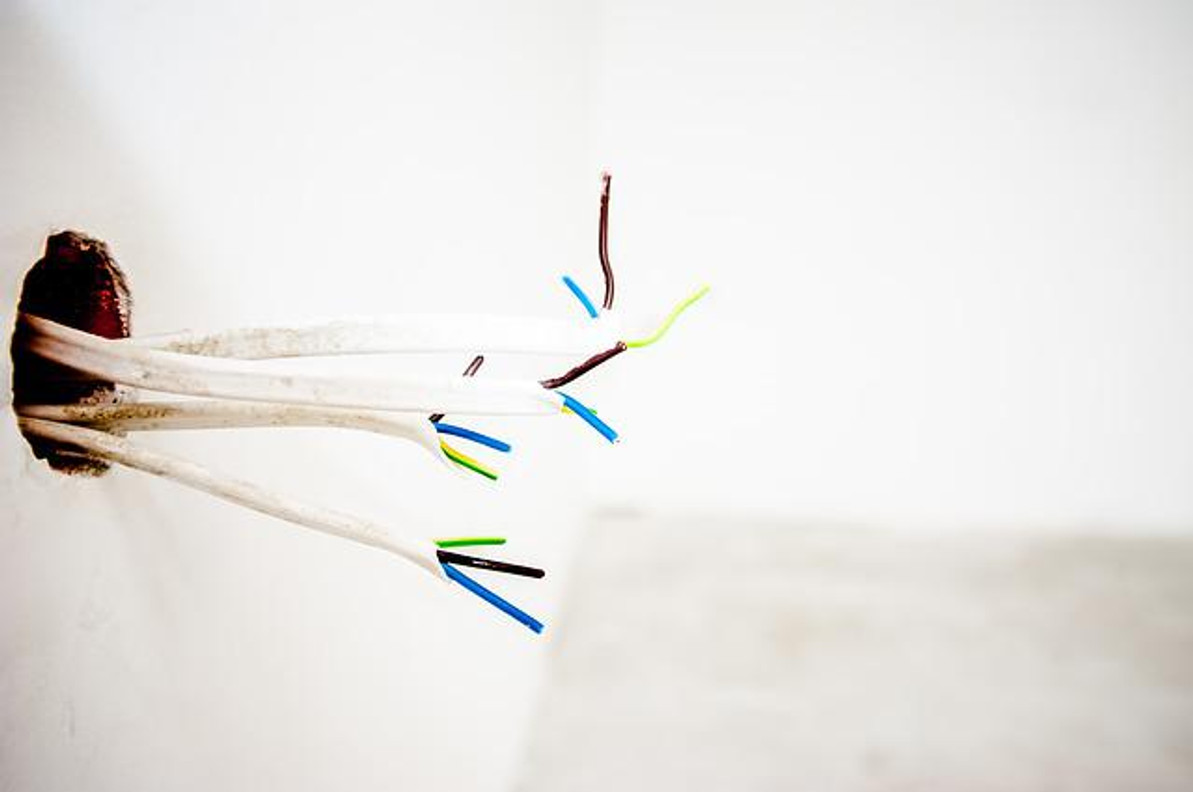Heads Up: It's National Electrical Safety Month
Did you know that May is National Electrical Safety Month? Sponsored by the Electrical Safety Foundation International (ESFI), it's designed to raise awareness to common electrical hazards. Regardless of whether you work as a professional electrician, you should participate in National Electrical Safety Month. Doing so will lower your risk of injury.
Be Gentle When Removing Plugs From Outlets
Never tug or forcefully pull plugs from wall outlets. If you need to remove a plug, gently pull it directly out of the wall outlet. Aggressively pulling the plug may bend its prongs. And once the prongs are bent, the plug may no longer fit in the wall outlet. This can cause an arc discharge. There will be too much space between the plug's prongs and the outlet's contacts, resulting in an arc discharge.
Don't Overload Circuits
You should use caution to avoid overloading circuits. Circuits can only accommodate so much electricity at any given time. If too much electricity is flowing through a given circuit, it may heat up to dangerous levels -- potentially even starting a fire. Most homes and buildings, of course, have circuit breakers to prevent electrical fires due to overloaded circuits. Circuit breakers, however, can fail. Therefore, you should avoid overloading circuits in your home or workplace.
Replace Damaged Extension Cords
Extension cords don't last forever. They can become frayed or otherwise damaged. If you notice any damage to an extension cord, you should replace it. Using a damaged extension cord is a fire hazard.
Keep a C-Rated Fire Extinguisher on Hand
If you're worried about an electrical fire in your home or workplace, you should keep a C-rated fire extinguisher on hand. Fire extinguishers are available in different ratings. Those with a C rating are able to extinguish electrical fires. Other types of fire extinguishers may or may not be able to extinguish electrical fires. If a fire extinguisher contains water, for instance, it may place you at risk of shock when using it on an electrical fire.
Don't Bury Extension Cords Under Rugs or Carpet
It may sound harmless, but you shouldn't bury extension cords under rugs or carpet. Extension cords will heat up. It's normal for an extension cord to produce at least some heat when supplying electricity to a device. If an extension cord is placed under a rug or carpet, though, the heat won't be able to dissipate. It will continue to build up while potentially igniting the rug or carpet.
Recent Posts
-
Fire Safety in the Workplace: What You Need to Know
What steps are you taking to prevent fires in your workplace? According to the U.S. Occupational Saf …Aug 23rd 2023 -
Is It Safe to Go Jogging With a Cold Infection?
If you're suffering from a cold infection, you might be wondering whether it's safe to go jogging. T …Aug 22nd 2023 -
5 Safety Tips to Follow When Using a Powder-Actuated Tool
Powder-actuated tools are commonly used to join materials to steel and concrete. Also known as Hilti …Aug 20th 2023




